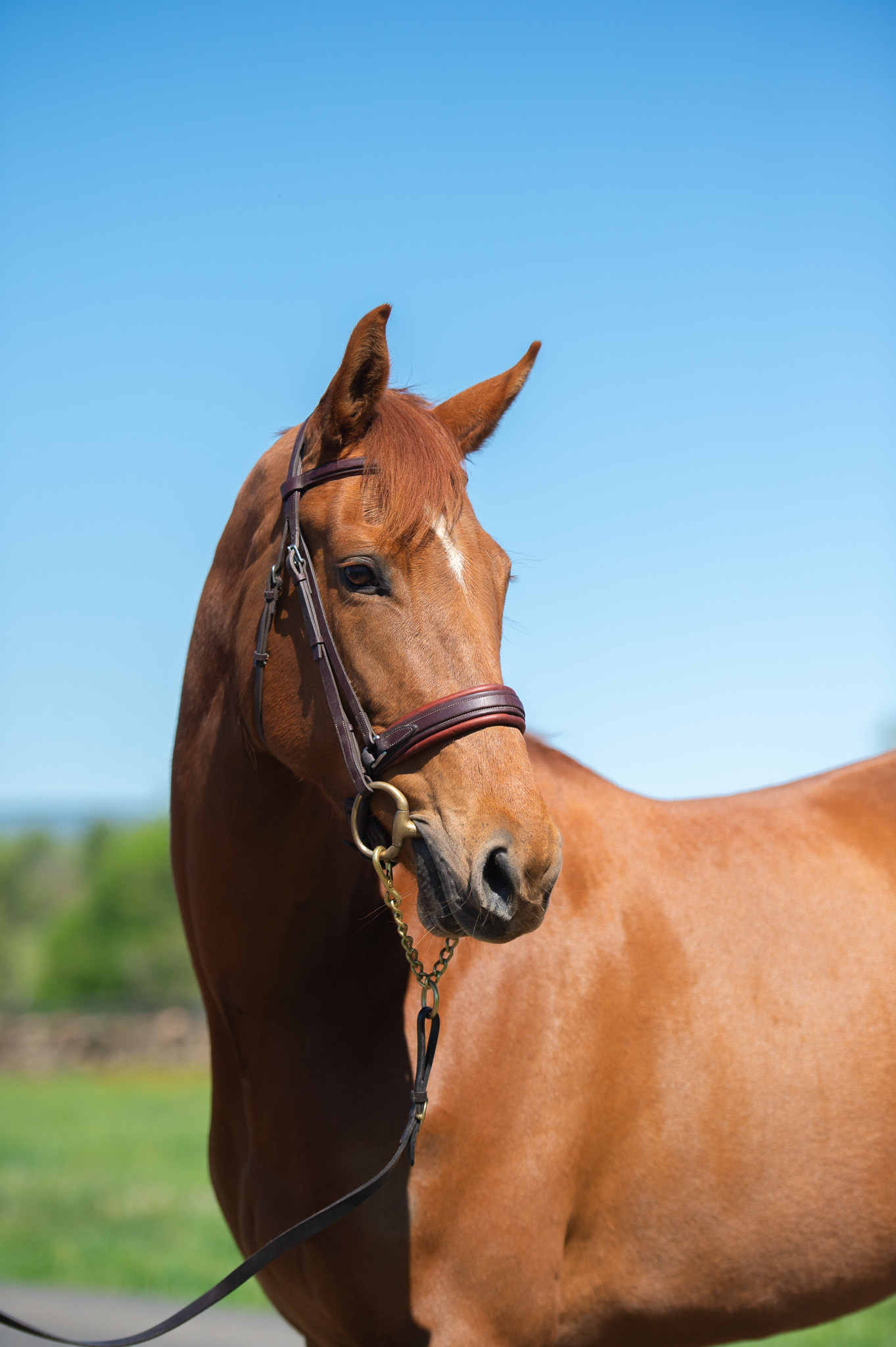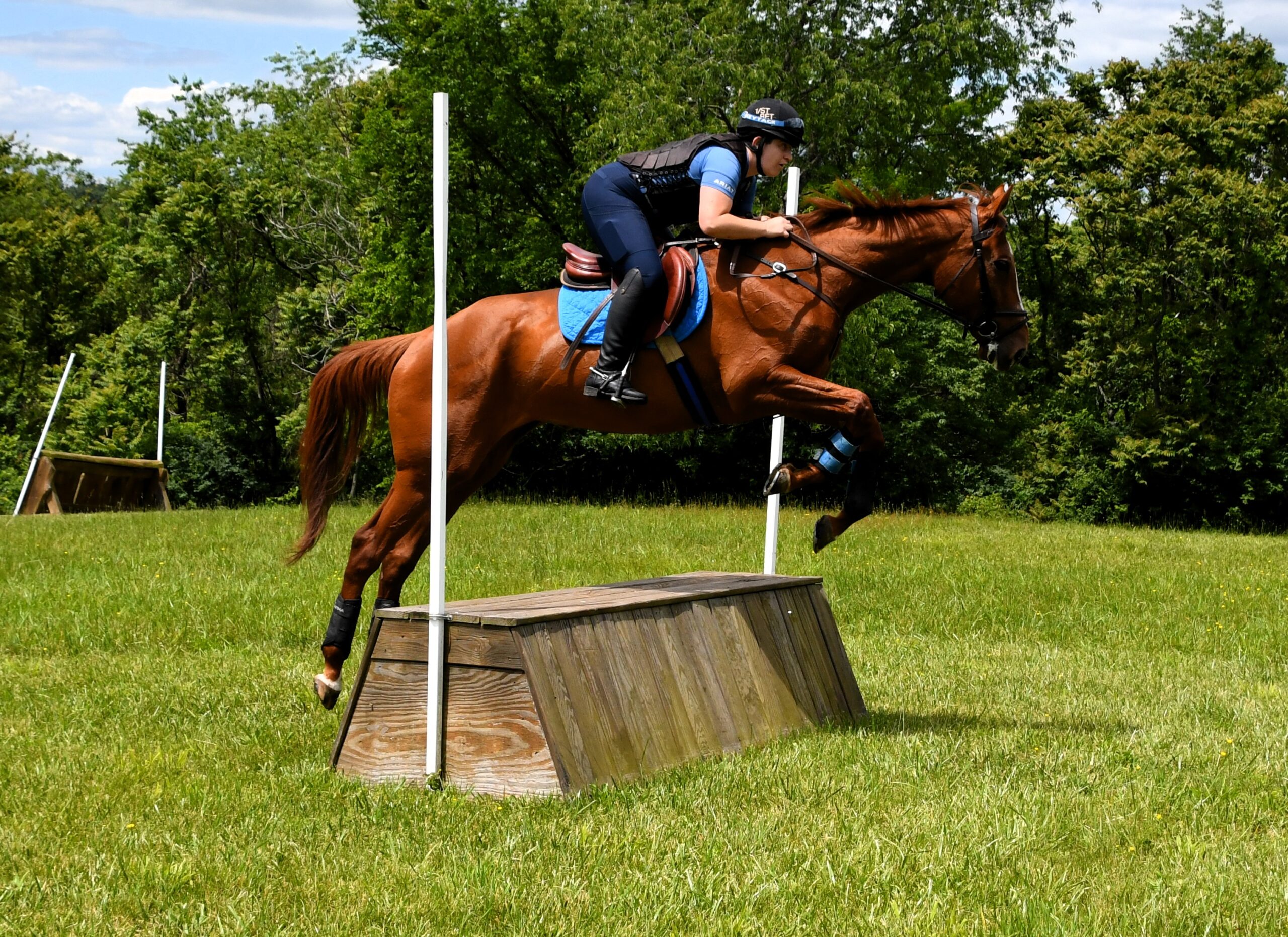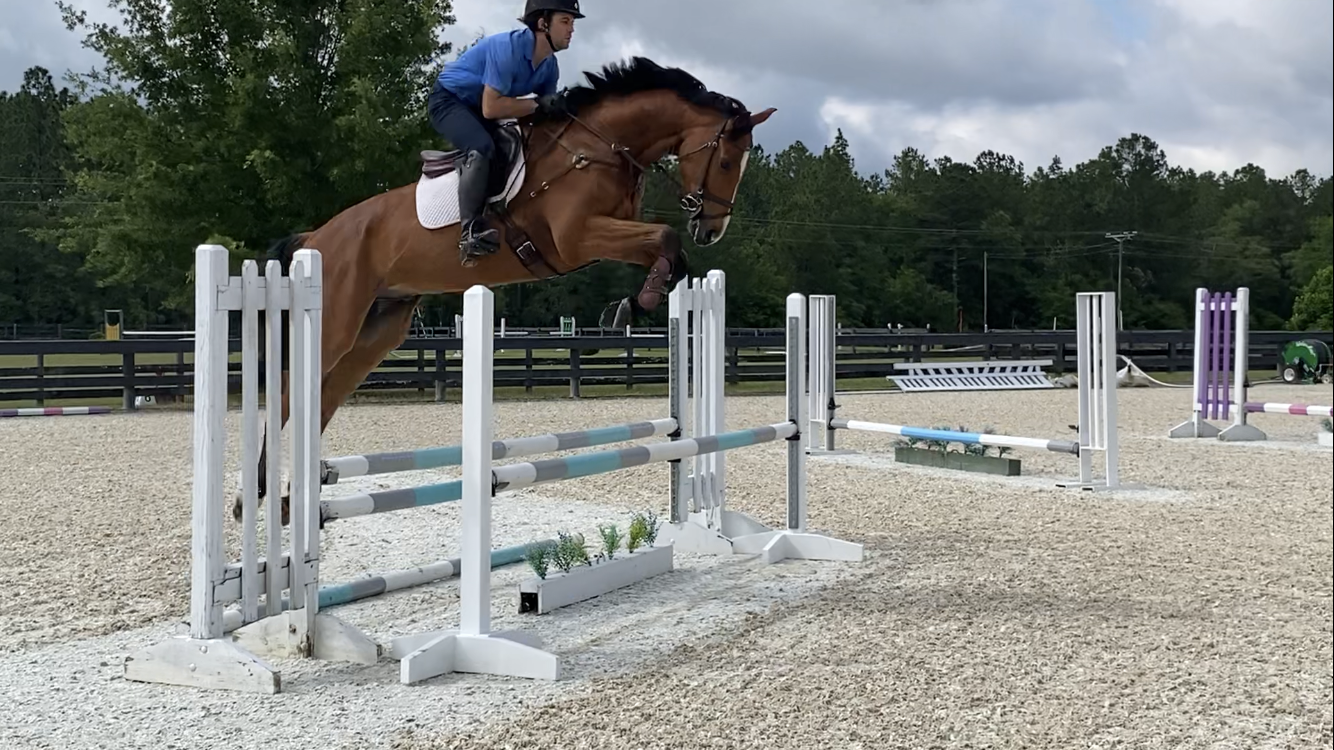
Equestrian sports are as much mental as they are physical. We can be our own demons, or our own cheerleaders—and sometimes both in the same weekend. Mastering our minds might be one of the most challenging parts of our sport.
Ride iQ is an innovative platform that supports riders in a variety of ways, including offering resources that focus on the psychological side of riding and competing. As a professional rider who struggles with psychological challenges, particularly in competition, I was both excited and curious to listen to the second season of Ride iQ’s “Mastermind” series, particularly because the first season was so intriguing.
The first season of the Mastermind series included workshops with three top event riders: Tamie Smith, Sinead Maynard, and Jon Holling. Led by sports psychology coach Natalie Hummel, the series focused on the beliefs, challenges, and goals of these riders through several candid conversations (link to previous article).
The second season of the Mastermind series features professional Grand Prix dressage riders Lauren Sprieser, Olivia LaGoy-Weltz, and Lehua Custer. This workshop reflected many of the same themes as the eventing riders’ workshop, including delving into the riders’ various experiences in competition and training, with a focus on nervous system regulation.
In the first episode, Lauren, Olivia, and Lehua share their backgrounds, intentions for the Mastermind, and career goals. For instance, Lauren’s vision is to be known for consistently producing international-quality dressage horses and to be recognized as a top rider, not just a writer. Olivia’s vision involves producing more horses to a high level and overcoming the challenges of finding the right horses. The discussion goes on to cover the significance of feeling a sense of belonging, managing shame, and dealing with stress and pressure. Olivia shares her experiences with one of her top horses, who came so close—on two occasions—to representing the United States in the World Cup Finals. All three of the riders are candid about the day-to-day, month-to-month, and year-to-year, emotional challenges they face, which sets the stage for the next three episodes of reflection and growth.
In the second episode, the riders discuss their recent breakthroughs and mindset shifts. Lehua shares her realization that not achieving her goals—which is sometimes down to factors outside of her control—doesn’t equate to failure. Lauren talks about forming a new syndicate to support her ambitions, and Olivia reflects on refining her business model and seeking advice from mentors. Natalie then leads an exercise to uncover and address subconscious blocks hindering the riders’ progress. One of my favorite moments in this episode was listening to Lehua think through the exercise, including talking about her underlying belief in her responsibility to, as she put it, always “smooth the waters.” Smoothing the waters seemed to be a symbol for managing chaos and pressure. The exercise helped all of the riders uncover some of their subconscious beliefs, and one of the cool things about listening to this podcast episode is that you can participate in the exercise yourself, just as the other riders are doing.
What is the best way to manage competition stress? In the third episode, Natalie Hummel shares some important ways to cope with stress. Natalie addresses common misconceptions about mental strategies for peak performance. For example, although some people might believe that meditation will make them calmer and better able to compete, Natalie points out that meditation aids relaxation but does not build the flexibility needed to handle sudden stress. Instead, she suggests that somatic work, which helps increase physical and emotional resilience, is preferred for athletes. Natalie also goes into the scientific explanations for why we feel the way we feel, especially under the pressure of competition. The nervous system has three main states, she explains: ventral (a state of calm and safety), sympathetic (fight or flight mode), and dorsal shutdown (a state of withdrawal and collapse). Lehua, Olivia, and Lauren discuss their experience with their feelings in competition, including feeling overwhelmed by expectations, and they identify when and where they enter each of the three mental states. Each of them had slightly different experiences with stress in competition, and much of the discussion was centered around understanding those different experiences. A major focus of this episode was that in order to manage different mental states, riders need to understand and accept their emotions rather than running from them.
In the final episode of Equestrian Mastermind Season 2, Natalie Hummel discusses the concept of embracing both positive and negative thoughts and emotions in order to fully commit to one’s goals. She has the riders engage in an exercise where they rate their emotional state from 1 to 10, where 1 to 9 represents various degrees of ego, characterized by conditional feelings based on external validation, and 10 represents a state of unconditional commitment and self-belief, where the person remains centered regardless of external conditions. Each of the riders reflected on where they fell on the scale. For instance, Lauren believed that she was at a 5 with herself despite being at a 10 with her horses. Olivia felt that she was in a limbo between 1 and 9 due to many shifting goals and setbacks. What I found fascinating about this exercise was that these riders all compete in a sport (dressage) where they are subjectively judged on their riding skill and ability (in a dressage test). Thus, external validation is hard to escape, because it is by definition the measure of their success. Despite that paradox, the riders gave some deep reflections about how they could find internal strength to maintain what Natalie called an “all-in” mindset.
I often think of my own mind in competition as being simply an annoying source of mental blocks: doubts, fears, and distractions. My mind rarely has nice things to say! Listening to this podcast series convinced me that my brain can make me a stronger competitor, but I have to listen to it, understand it, and direct it. I would encourage any rider, or even spouse or relative of a rider, to listen to this series.
To catch up on Ride iQ‘s family of podcasts, including Equestrian Mastermind, visit your favorite podcast platform.






















